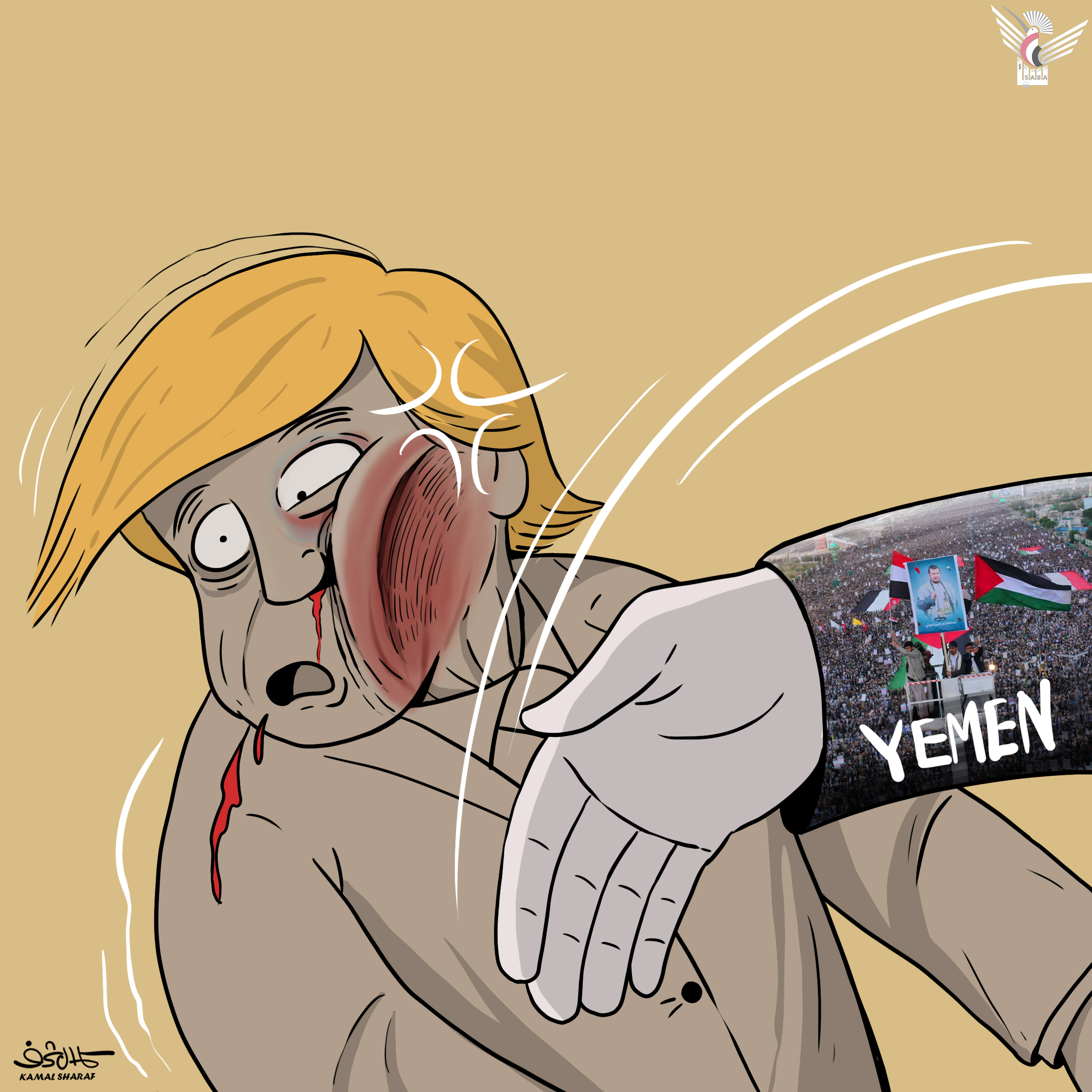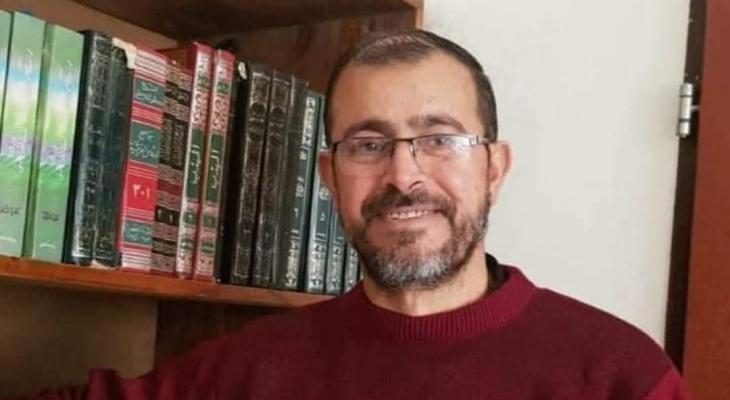Jenin – Saba:
The Palestinian Civil Affairs Authority has informed the Commission of Prisoners' and Ex-Prisoners' Affairs and the Palestinian Prisoners' Club on Sunday of the death of prisoner Muhyiddin Fahmi Saeed Najm (60 years old) from Jenin in the West Bank, at Soroka Hospital in Israel.
The Commission and the Club stated in a joint statement that prisoner Najm had been held in administrative detention since August 8, 2023. He had previously been imprisoned several times, having spent a total of approximately 19 years in Israeli enemy prisons.
The Commission and the Club indicated that prisoner Najm joins the list of martyrs of the prisoner movement, who have been martyred as a result of the organized crimes perpetrated by the Israeli enemy prison system in an unprecedented manner since the beginning of the ongoing genocide.
They confirmed that prisoner Najm, who was married and the father of six children, was subjected to a medical crime by being completely denied treatment, as he suffered from chronic health conditions.
They noted that Najm was visited on March 10th at the Negev Prison, during which it was revealed that his health had deteriorated significantly. He was no longer able to move and was moving with great difficulty. After several interventions, he was transferred for medical examinations, but at the time, he was not informed of the details of his condition.
They said that the enemy committed a complex crime against him by continuing his administrative detention for nearly two years and depriving him of treatment and healthcare.
They added that the Negev Prison, where Najm was detained, was—and continues to be—one of the most prominent prisons where horrific crimes were recorded, especially with the continued spread of scabies, which the Israeli Prison Service has turned into a clear tool to kill more prisoners.
With Najm's martyrdom, the number of martyrs among prisoners since the genocide has risen to 66. Only these are known to the public, given the ongoing crime of enforced disappearance.
At least 40 of these are from the Gaza Strip, according to documentation from prisoners' institutions. This period marks the bloodiest in the history of the prisoner movement and the Palestinian people.

| more of (International) |




